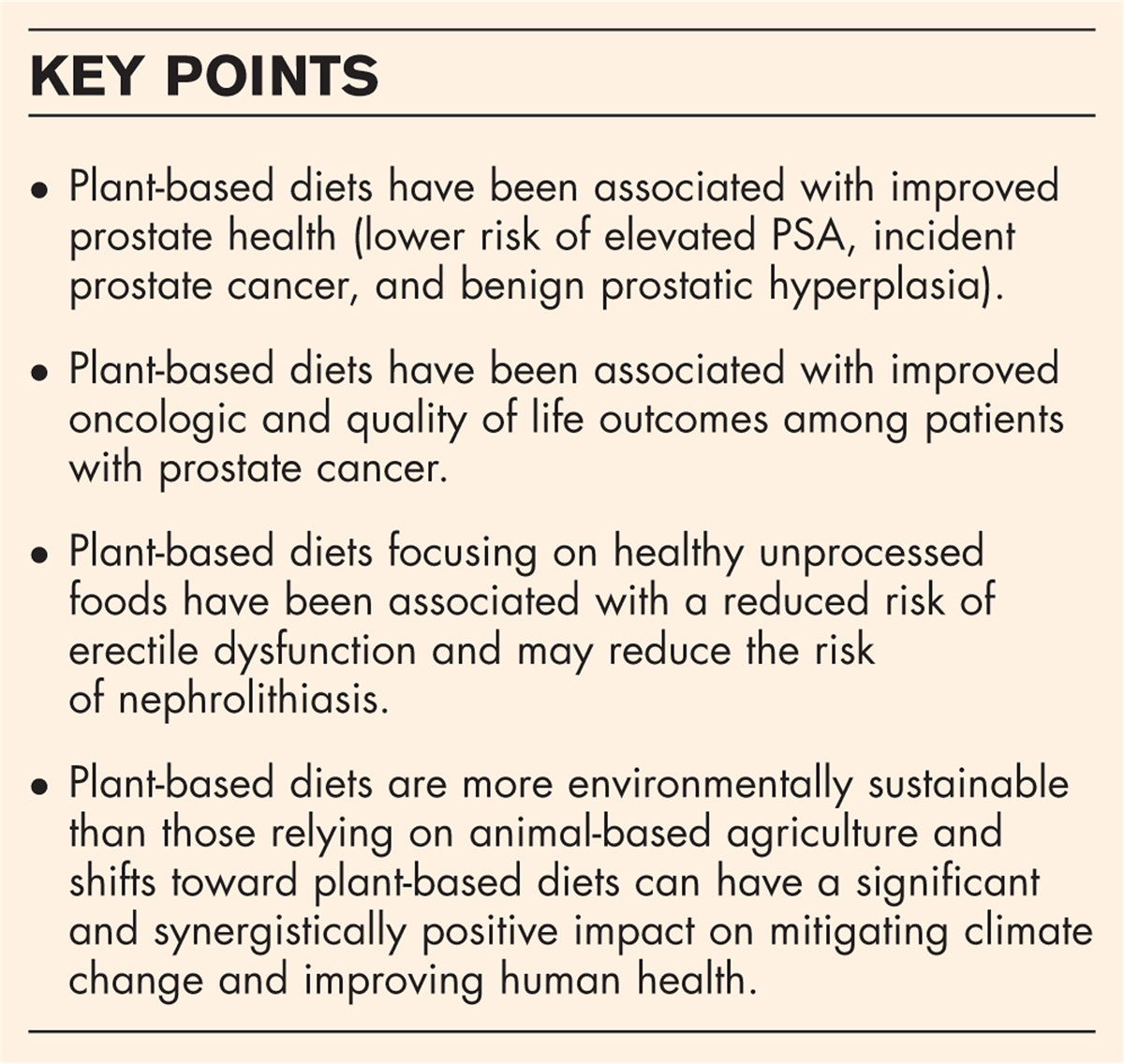TheTechnician27
- 35 Posts
- 219 Comments

 8·5 days ago
8·5 days agoEveryone knows that ethics and the law are basically the same thing. /s

 30·5 days ago
30·5 days agoAnd other reasons why closed-source firmware can go fuck itself.

 2·5 days ago
2·5 days agoIt’s a shame Firebird doesn’t seem to be on F-Droid. But Graph89 is really good for the older calculators!

 253·6 days ago
253·6 days agoGood. Fuck Chegg. Let cheating, plagiarizing dipshits have the dubious AI slop.

 5611·6 days ago
5611·6 days agoI definitely avoided Lemmy the first go-round with the API fuckery because it seemed from the outside like basically just a tankie protest Reddit in a similar way to how Voat was just a neo-Nazi protest Reddit. To the Lemmy devs’ absolute credit, they don’t push new users toward any of those, though.
I thought one day after having had a Mastodon for some time that I might not have given Lemmy a fair shake, so I went back and ended up finding that most instances are basically normal Reddit fare but honestly less shitty than Reddit proper (there’s a trade-off that posts are less frequent and that small, niche communities can attract unwanted attention by having their posts almost immediately show up in ‘all’).

 5·7 days ago
5·7 days agoAmericans need their Group 1 (processed meats) and Group 2A (red meats) carcinogens to lead healthy lives, so sayeth this stupid bitch with zero background in nutrition.

 11·7 days ago
11·7 days ago“In the sliced cheese category, prices fell by more than 40 percent [compared to the previous year].” God damn.

 3·7 days ago
3·7 days agoLMAO. The little doodle of a happy dog with a tag pierced into their ear.

 1·8 days ago
1·8 days agoPseudoscience. Kind of, anyway. Bears produce UCDA which itself has some medical uses, but not for “traditional Chinese medicine”, which is largely rooted in pseudoscience.

 2·8 days ago
2·8 days agoDefinitely please do!

 2·8 days ago
2·8 days agoWalkers and Lay’s have substantial overlap both being owned by Frito-Lay, but I’ve seen no indication so far that the Thai sweet chilli Lay’s chips are getting this same treatment. So I didn’t want to potentially mislead anyone.

 8·8 days ago
8·8 days agoI like to post a lot here about small issues/victories, and this is one of them.
- It wears away at the status quo of using milk powder in potato chips.
- It gives the dairy industry one fewer outlet to sell their cruel product.
- It gives vegans more options, thereby making it an easier choice.

 433·8 days ago
433·8 days agoHence “4+”, because I agree with you wholeheartedly.

 1909·8 days ago
1909·8 days agoWhen I told people that literally every aspect of life will be worse under Trump, I absolutely meant it. Republican poison will seep into literally every aspect of our lives. And this is exactly what I mean when I say “everything is political” to those who only single out a handful of hot-button issues as “political”.
With the rise of fascism in the US, just keep “everything is political” in the back of your mind for the next 4+ years, and if you don’t believe it by then, I don’t know what to tell you.

 2·9 days ago
2·9 days agoFixed! I totally forgot to escape the parens in the URL.

 32·11 days ago
32·11 days agoYou can leave your friends behind

 54·11 days ago
54·11 days agoHey, you shouldn’t presume to know what other people do with their free time.

 64·11 days ago
64·11 days agoIt’s funny you should ask that; I was just about to reach out to ruud over Matrix and have been thinking about it for a couple weeks. I’d love to if that’s alright with the admin team.

 215·11 days ago
215·11 days ago>Not a country
>Donald Trump has repeatedly spoken badly about and deliberately mistreated Puerto Rico
>Donald Trump also routinely speaks extremely badly about the country Puerto Rico is in
I’m glad he’s changed his mind at the literal last minute, but it baffles me every day how ignorant people can be.
Petition to restart !leopardsatemyface@lemmy.world, by the way.
















Shhh, don’t call it “haptic feedback” or they might make them flat, unmoving buttons that have a vibration motor behind them.